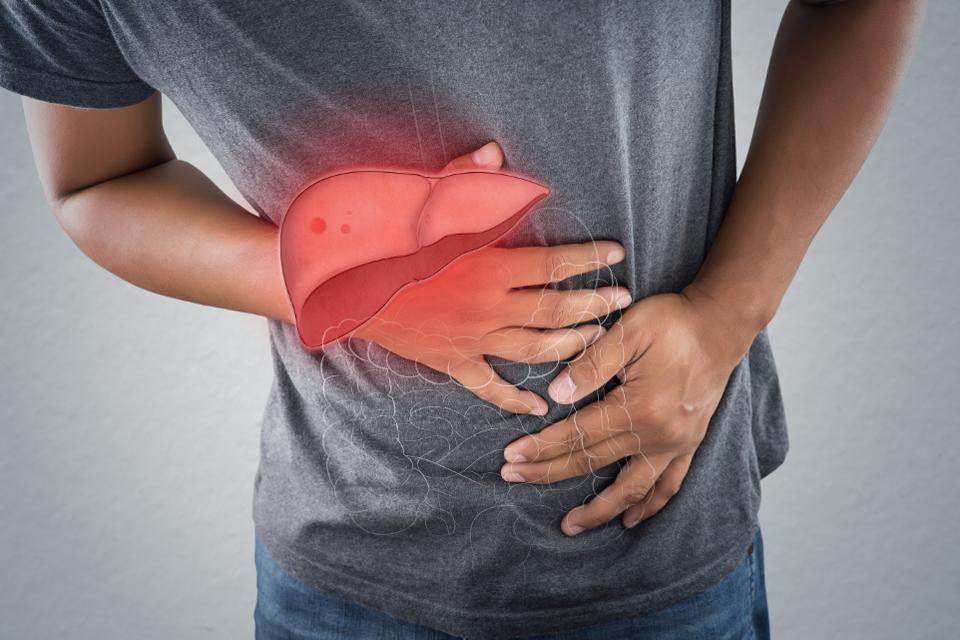What's in this article?
What is Abnormal liver enzymes
Elevated liver enzymes may indicate inflammation or damage to cells in the liver. Inflamed or injured liver cells leak higher than normal amounts of certain chemicals, including liver enzymes, into the bloodstream, which can result in elevated liver enzymes on blood tests.
The specific elevated liver enzymes most commonly found are:
- Alanine transaminase (ALT)
- Aspartate transaminase (AST)
Elevated liver enzymes may be discovered during routine blood testing. In most cases, liver enzyme levels are only mildly and temporarily elevated. Most of the time, elevated liver enzymes don’t signal a chronic, serious liver problem.
Why Check Liver Function?
Most often, a liver test panel is ordered as a routine lab test. Many doctors check the liver in new patients or during annual physicals.
Your doctor may conduct liver enzyme and liver function tests if:
- You are taking a medication that can harm the liver
- You have liver disease
- You have symptoms of liver or bile system disease (abdominal pain, nausea and vomiting, or yellow skin)
- You drink alcohol excessively
Liver tests may be done together in a panel or tested separately.
What are common liver blood tests?
Liver blood tests are some of the most commonly performed blood tests. These tests can be used to assess liver functions or liver injury. An initial step in detecting liver damage is a simple blood test to determine the level of certain liver enzymes (proteins) in the blood. Under normal circumstances, these enzymes mostly reside within the cells of the liver. But when the liver is injured for any reason, these enzymes are spilled into the blood stream. Enzymes are proteins that are present throughout the body, each with a unique function. Enzymes help to speed up (catalyze) routine and vital chemical reactions in the body.
Among the most sensitive and widely used liver enzymes are the aminotransferases. They include aspartate aminotransferase (AST or SGOT) and alanine aminotransferase (ALT or SGPT). These enzymes are normally predominantly contained within liver cells and to a lesser degree in the muscle cells. If the liver is injured or damaged, the liver cells spill these enzymes into the blood, raising the AST and ALT enzyme blood levels and signaling liver disease.
Other blood tests pertaining to the liver are measurements of some of the other enzymes found the liver. In addition to AST and ALT, alkaline phosphatase, 5′ nucleotidase, and gamma-glutamyl transpeptidase (GGT) are a few of the other enzymes located in the liver. The focus of this article is mainly on the most common liver enzymes, AST and ALT.
Abnormal liver enzymes Causes
Many diseases and conditions can contribute to elevated liver enzymes. Your doctor determines the specific cause of your elevated liver enzymes by reviewing your medications, your signs and symptoms and, in some cases, other tests and procedures.
More common causes of elevated liver enzymes include:
- Certain prescription medications, including statin drugs used to control cholesterol
- Drinking alcohol
- Heart failure
- Hepatitis A
- Hepatitis B
- Hepatitis C
- Nonalcoholic fatty liver disease
- Obesity
- Over-the-counter pain medications, including acetaminophen (Tylenol, others)
Other causes of elevated liver enzymes may include:
- Alcoholic hepatitis (liver inflammation caused by drinking alcohol)
- Autoimmune hepatitis (liver inflammation caused by an autoimmune disorder)
- Celiac disease (small intestine damage caused by gluten)
- Cirrhosis (liver scarring)
- Cytomegalovirus (CMV) infection
- Dermatomyositis (inflammatory disease that causes muscle weakness and skin rash)
- Epstein-Barr virus
- Gallbladder inflammation (cholecystitis)
- Heart attack
- Hemochromatosis (too much iron stored in your body)
- Hypothyroidism (a thyroid disorder)
- Liver cancer
- Mononucleosis
- Muscular dystrophy (inherited disease that causes progressive muscle weakness)
- Pancreatitis (pancreas inflammation)
- Polymyositis (inflammatory disease that causes muscle weakness)
- Toxic hepatitis (liver inflammation caused by drugs or toxins)
- Wilson’s disease (too much copper stored in your body)





